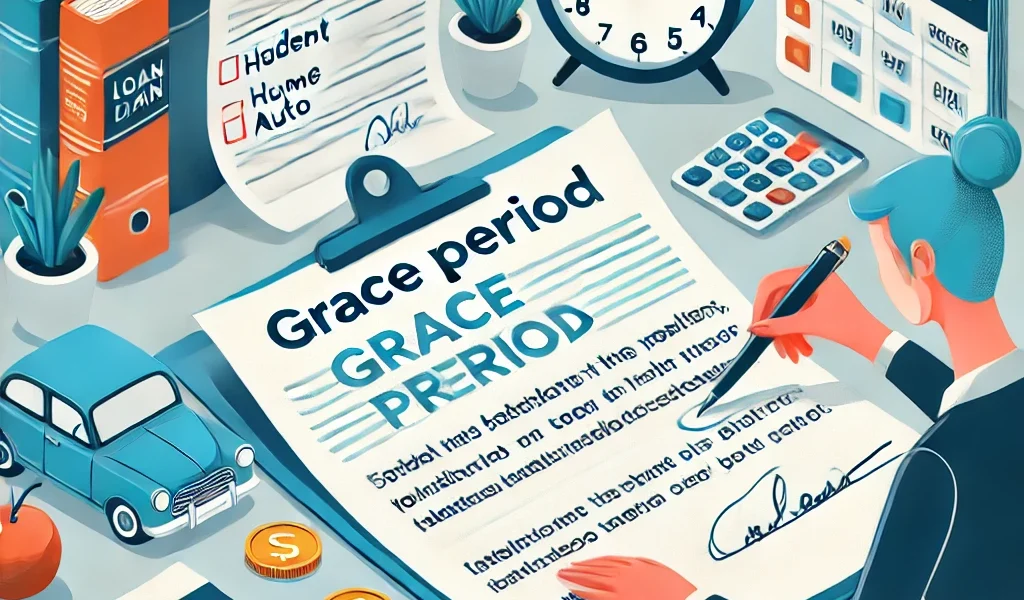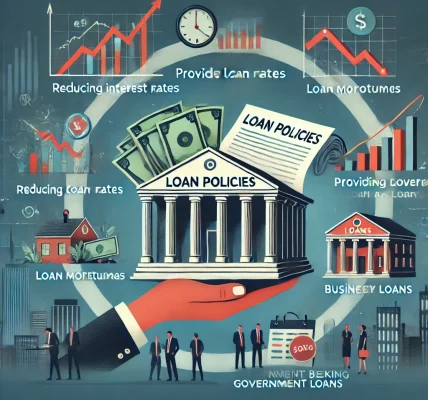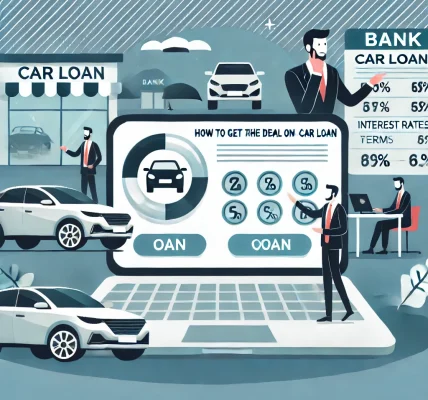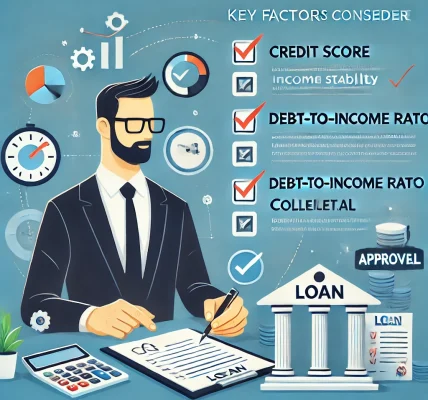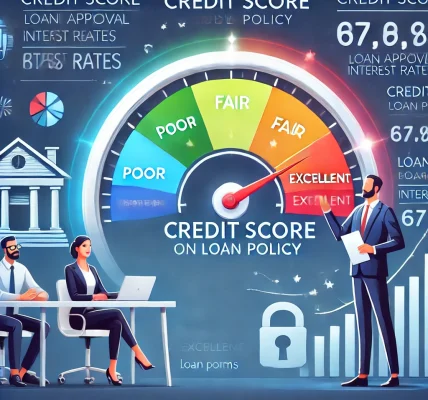Introduction
A grace period in loan policies is a crucial aspect that allows borrowers a specific time frame before they start making payments without incurring penalties. This policy benefits borrowers, particularly in student loans, personal loans, and credit card payments. Understanding how grace periods work can help borrowers manage their finances effectively and avoid unnecessary financial strain.
This article explores the concept of grace periods, their significance, different types, how they work, and factors borrowers should consider while utilizing them.
1. What is a Grace Period in Loan Policies?
A grace period is a set period after the due date or loan disbursement during which a borrower is not required to make payments or can make payments without penalties. It serves as a financial cushion, giving borrowers time to organize their finances before beginning regular payments.
Key Features of a Grace Period:
- No penalties or late fees during the period.
- Interest may or may not accrue, depending on the loan type.
- Time frame varies across different loans and lenders.
2. Types of Loans That Offer Grace Periods
A. Student Loans
- Typically offer a grace period of 6 months after graduation.
- Some government-backed student loans do not accrue interest during this period.
B. Personal Loans
- Some lenders provide a short grace period (7-15 days) for missed payments.
- Late fees may apply after the grace period ends.
C. Home Loans & Mortgages
- Most home loans have a grace period of 10-15 days.
- Interest accrues, but no late fees are charged if payment is made within the period.
D. Auto Loans
- Typically offer 7-10 days as a grace period before imposing late fees.
- Missing payments beyond the grace period can affect credit scores.
E. Credit Cards
- Grace period usually ranges from 21-25 days from the end of a billing cycle.
- Interest-free only if the full balance is paid before the due date.
3. How Grace Periods Work in Different Loan Types
1. Interest Accrual and Grace Periods
Some loans allow borrowers to enjoy an interest-free grace period, while others continue to accrue interest.
- Subsidized student loans: No interest during the grace period.
- Unsubsidized student loans & personal loans: Interest accrues.
- Credit cards: No interest if the balance is paid in full within the grace period.
2. Impact on Credit Score
- Payments made within the grace period do not negatively affect credit scores.
- Payments made after the grace period may incur penalties and impact credit scores negatively.
3. Loan Repayment Options Post-Grace Period
- Standard Repayment: Fixed EMIs begin after the grace period.
- Income-Based Repayment: Payments adjusted based on income.
- Deferred Repayment: Some lenders allow extended deferment beyond the grace period for financial hardship.
4. Benefits of Grace Periods
✔ Financial Relief: Allows time to stabilize finances before making loan payments. ✔ Interest-Free Repayment (Selective Loans): Some loans do not accrue interest during this period. ✔ Avoiding Late Fees: Payments made within the grace period do not incur penalties. ✔ Credit Score Protection: Helps maintain a good credit history if used correctly.
5. Disadvantages and Risks of Grace Periods
❌ Interest Accumulation: Unsubsidized loans and credit cards may still accrue interest. ❌ False Sense of Security: Borrowers may delay planning for payments. ❌ Short Duration: Some loans offer very short grace periods, making it challenging to adjust finances. ❌ Not Always Available: Not all loans or lenders provide grace periods.
6. How to Maximize the Benefits of a Grace Period
💡 Plan Ahead: Use the grace period to arrange finances and budget for upcoming payments. 💡 Pay Off Interest: If possible, make interest payments during the grace period to reduce the overall loan cost. 💡 Check Loan Terms: Understand whether your loan accumulates interest during this period. 💡 Set Up Auto-Payments: Avoid missing payments by scheduling automatic deductions after the grace period ends.
7. Frequently Asked Questions (FAQs)
🔹 Does every loan have a grace period? Not all loans offer grace periods; policies vary by lender and loan type.
🔹 Can I extend my grace period? Some lenders may offer deferment or forbearance if you have financial difficulties.
🔹 Do grace periods apply to missed payments? Yes, some loans provide a small grace period (e.g., 10-15 days) before late fees apply.
🔹 Does a grace period affect my credit score? No, payments made within the grace period do not impact your credit score.
Conclusion
Grace periods play a crucial role in loan repayment strategies, giving borrowers additional time to manage their finances before full repayment begins. While they offer relief, it is essential to understand the terms associated with your specific loan type—whether interest accrues, the duration of the grace period, and possible penalties after it ends.
Borrowers should use grace periods wisely by planning payments in advance, making early interest payments, and setting up repayment strategies to avoid financial stress. Understanding your loan’s grace period can help you make informed financial decisions and ensure long-term financial stability.
